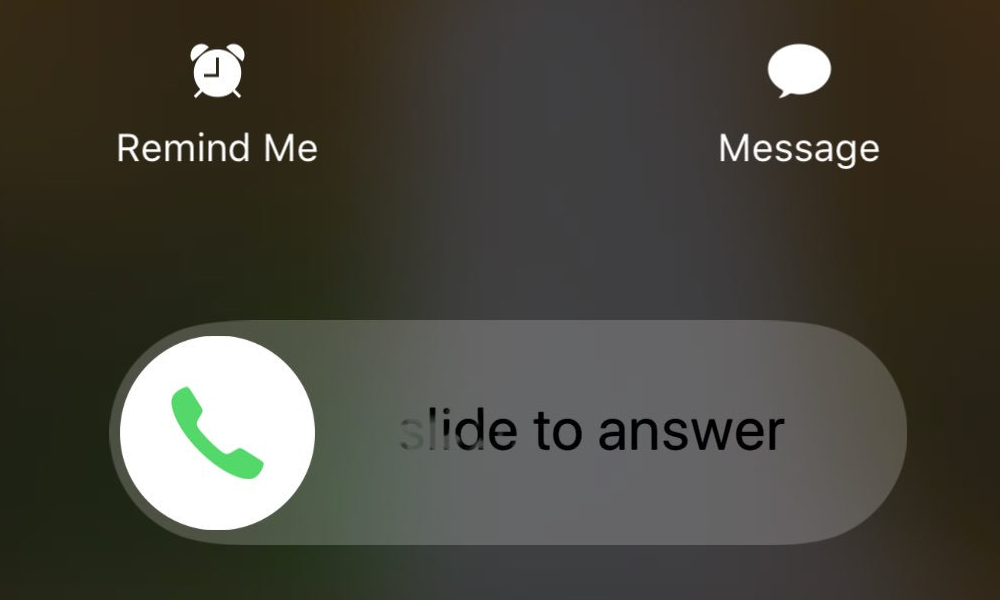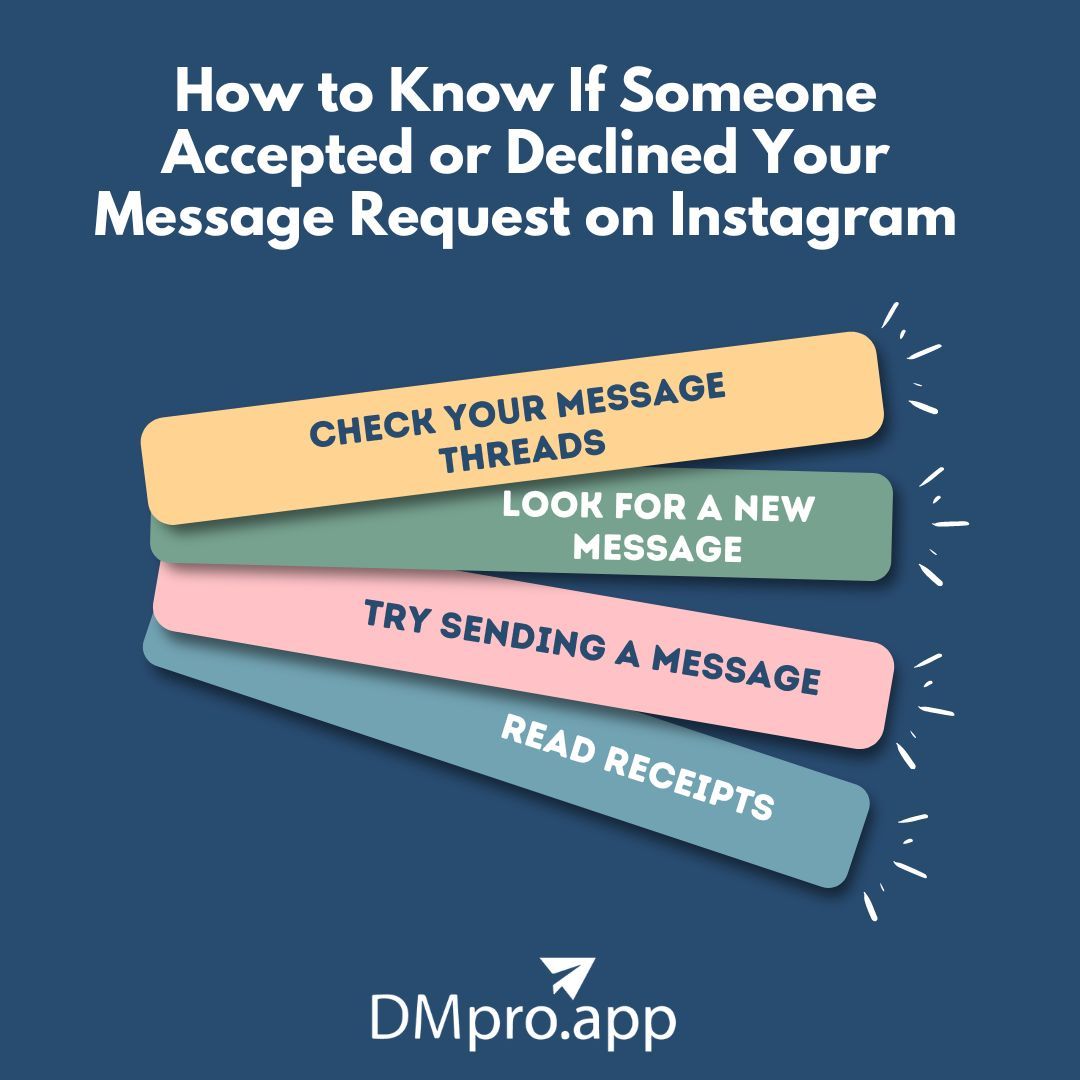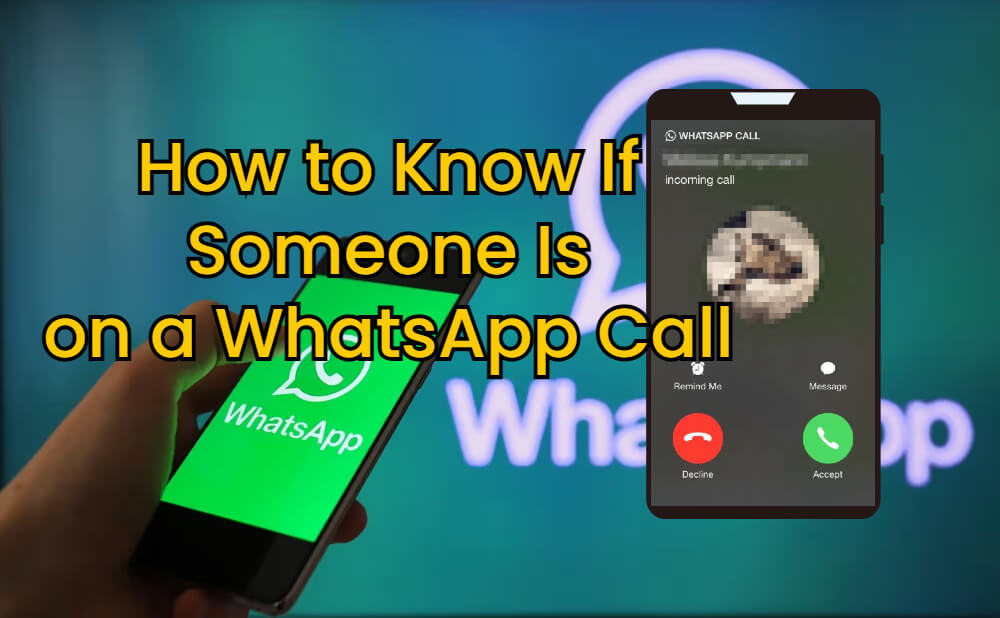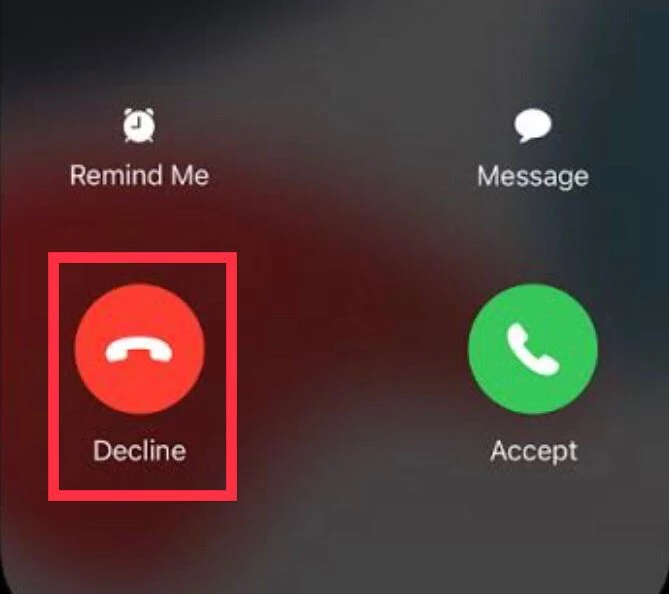How To Know If Someone Declined Your Call

In today's interconnected world, phone calls remain a vital mode of communication, both personally and professionally. But have you ever wondered if that unanswered call went straight to voicemail, or if the recipient actively declined it? Discerning the difference can be tricky, but understanding the signs can save you from unnecessary anxiety or persistent attempts to reach someone unavailable.
This article delves into the nuances of phone call etiquette, exploring the various indicators that suggest someone has declined your call. We'll examine the audio cues, technological signals, and contextual clues that can shed light on the other end of the line.
Decoding the Silence: Understanding Call Rejection Signals
Determining whether a call was rejected requires a keen ear and an understanding of how modern telecommunications systems function. Let's look at some of the most common signs. These are not always definitive, as phone systems and carrier practices can vary.
Immediate Voicemail Transfer
One of the most telling signs is a swift transfer to voicemail after only a single ring, or even no ring at all. This often suggests the recipient actively declined the call, diverting it directly to voicemail instead of letting it ring through. This is a strong indicator, but not always foolproof.
The "Busy" Signal
While less common with modern cellular networks, the busy signal still exists. A rapid, repetitive tone indicates that the recipient's line is occupied. While they might be on another call, some phones allow users to decline incoming calls, generating a busy signal for the caller.
Silence Followed by Disconnection
If you experience a period of silence after dialing, followed by an abrupt disconnection, it's possible your call was rejected. This is less common, but could happen if the recipient declines and immediately hangs up. This can also be caused by network issues or poor reception.
Caller ID Behavior
Some smartphones offer features that allow users to silence unknown callers or send them directly to voicemail. In these instances, the call may not ring audibly on the recipient's end, and you might be routed to voicemail almost immediately. Many apps also give the ability to block certain numbers or send them directly to voicemail.
Beyond the Audio: Contextual Clues and Technological Considerations
Beyond the immediate auditory signals, other factors can help you decipher whether your call was declined. Consider the broader context of your relationship with the recipient.
Time of Day and Day of the Week
If you're calling someone at an unusual hour or during their known work hours, it's more likely they're unable or unwilling to answer. While they might not actively decline, they may let the call go to voicemail intentionally. Be respectful of people's time and schedules.
Previous Communication Patterns
Reflect on your recent interactions. Have you been in regular contact? If the recipient has been unresponsive to previous messages or calls, it's possible they are deliberately avoiding communication. This doesn't necessarily mean they are declining your call, but it could be a factor.
Do Not Disturb Mode
Most smartphones offer a "Do Not Disturb" mode that silences incoming calls and notifications. If the recipient has this mode activated, your call might be routed directly to voicemail without ringing. Do Not Disturb can be scheduled, so the behavior could be consistent.
The Ethical Implications of Call Rejection
While everyone has the right to manage their availability, declining calls can sometimes have social and ethical implications. Consider the nature of your relationship with the recipient and the urgency of the call.
In professional settings, consistently declining calls from colleagues or clients can be perceived as unprofessional. Establishing clear communication channels and expectations can help avoid misunderstandings. Clear communication is key.
In personal relationships, repeated call rejections can strain connections. Honest and open communication about availability is crucial for maintaining healthy relationships. Talk about how you both like to communicate.
Impact on Communication and Expectations
Understanding the subtle art of call rejection can significantly impact our communication styles and expectations. By recognizing the various signals, we can avoid making assumptions and adjust our approach accordingly. Being aware is the first step.
Instead of repeatedly calling someone who seems unavailable, consider sending a text message or email to inquire about their availability. This allows the recipient to respond at their convenience and avoids putting them on the spot. The best approach is respect and patience.
Ultimately, respecting others' boundaries and communication preferences is essential for fostering positive relationships in both our personal and professional lives. Communication is not always instantaneous; sometimes a bit of patience and alternative methods are needed.
"Communication is key in any relationship, whether personal or professional."




![How To Know If Someone Declined Your Call What Does 3 Rings Mean on Iphone [Must-Know Tips!] - TechFOW.com](https://www.techfow.com/wp-content/uploads/2022/09/if-you-don-t-hear-a-voicemail-or-any-response-when-you-call-there-s-a-good-chance-the-person-you-re-calling-declined-your-call.jpg)





![How To Know If Someone Declined Your Call Does Someone Know if You Decline Their Call [Expert-Advice!] - TechFOW.com](https://www.techfow.com/wp-content/uploads/2022/10/when-someone-calls-you-on-your-iphone-the-decline-option-will-show-up-if-your-phone-is-unlocked.jpg)







